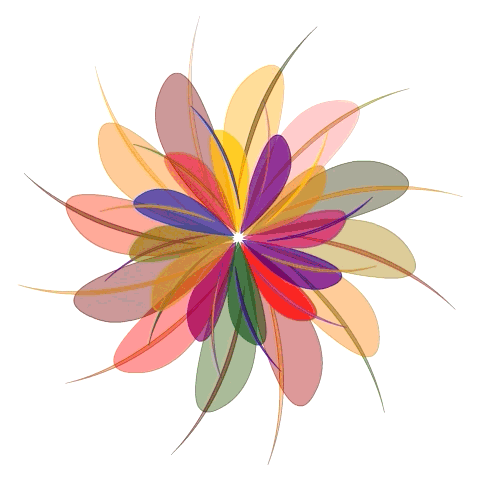“you’re the measure of my dreams”


#eros #KarlMarx #Kettners #Ronnies #WilliamBlake #BarItalia #VinceMansShop #SohoFlowers
Designed in collaboration and made exclusively for Mark Powell Bespoke. Featuring some well known Soho spots from both the past and present, cut from 100% silk.
Made in Britain

#SohoFlowers
after hours
up the stairs
behind the veil
in the basement
secret songs of Soho flowers
darkness falls on glitter streets
naked books and dirty looks
members only
fishnets lure eros arrows
in walkers court
smoke signals
lovers kiss
kiss curls
lovers bliss
sharp suits in terrazzo bars
moving images
cutting edge
dance to the trumpet call of midnight jazz
Marx’s star burns bright above
fierce angel Blake
stretch forth your wings
guard with special care
your beautiful Soho flowers
********
Inspired by #AgnesPegg who was the last flower seller of Piccadilly Circus (sitting on the steps facing East). Her career spanned over 50 years. Her pitch was outside the London Pavilion along with her famous cries “violets, violets, lovely violets” she sold orchids and roses to the theatre goers.

“In his 1851 work London Labour and the London Poor, Henry Mayhew wrote that many of the flower girls on the streets of London were of “an immoral character,” and worked as prostitutes as well; but others were young children, “very persevering, … who will run along, barefooted, with their ‘Please, gentleman, do buy my flowers. Poor little girl!’ — ‘Please, kind lady, buy my violets. O, do!’” He estimated there were between 400 and 800 flower sellers on the streets, but said it was impossible to be certain of a number, because when oranges were cheap and tasty, the flower girls sold those instead — or they sold watercress, or onions.

By 1889, the publication Toilers in London put the number of city flower sellers at 2,000. They had not been a fixture on London streets for long, but had become plentiful so quickly that it was hard to imagine the metropolis without them. They stood in the main thoroughfares, and at the entrances to hospitals and cemeteries, and they sold to people of all classes, even “the poorest and the lowest. … The love of flowers is one of the most hopeful symptoms in the condition of the very poor in London.”
London Labour and the London Poor, Volume 1. Henry Mayhew, 1861″
quote from her book The Cowkeepers Wish by Kirsten von Hartog

#GustavDoré
The Flower Sellers of London by Gustave Dore, 1875 can be seen in the Walker Art Gallery Liverpool.
Gustave Doré made his name in France in the 1850s and 1860s as an illustrator of books and poems. His paintings were admired more in Britain, which he first visited in 1868, returning each summer thereafter. His greatest achievement as an illustrator was his book, ‘London: A Pilgrimage’ (1872). Its illustrations highlighted the gulf between high society and the grim life of the poor in the capital city.
Doré’s biographer stated that he “was touched by the sad beauty to be found in poor street flower sellers”, a sympathy that can perhaps be felt in this painting.
#VinceMansShop
images and text repost instagram 🙏 @prof.andrewgroves Westminster Menswear Archive


“When ever people ask what items I’m looking to acquire for the Westminster Menswear Archive, I always say items from Vince Man’s Shop I’ve been looking since we started & have had little luck acquiring. We have however managed to secure two shirts, one in a pink /white gingham, and one in a heavy green / brown wool plaid. Just last month we also managed to find a skinny red tie sold by Vince in the 1950s.
All these images are from a recently scanned copy of a 1963 mail order catalogue from Vince Man’s Shop Opened in 1954 at 5 Newburgh Street by photographer Bill Green, Vince’s Man Shop was revolutionary. Westminster council’s application to have a combative green plaque erected on the former shop’s premises stated the following: Bill Green started his career in the late 1940’s as a photographer specialising in taking photographs of wrestlers and musclemen. His models were shot wearing bikini-style posing briefs, designed by Green himself, who, in the absence of readily made garments, decided to start his own line of briefs. He began to sell them through his mail-order catalogue in 1950. Not by accident, the shop was located very close to Marshall Street Public Baths which was a well-known and popular meeting place for gay men at the time. The store sold colourful and unconventional designs which were often revealing (for the time) using unusual fabrics, including velvet, silk, bed-ticking for hipster trousers and pre-faded denims.
Outside, the window displays were also provocative for the time, often featuring mannequins wearing Vince’s less than conventional garments. The impact of Vince’s should not be underestimated. By the late 1950’S, for the first time it was acceptable for heterosexual men to wear informal and flamboyant clothes.
It was the first time that leisurewear became chic – jeans and sweater could be worn for an evening out, from now on. Green’s clientele included such names as actor #PeterSellers, #jazz musician #GeorgeMelly, #PabloPicasso (who bought a pair of suede trousers), the King of Denmark, and young model-soon-to-turn-actor #SeanConnery”
